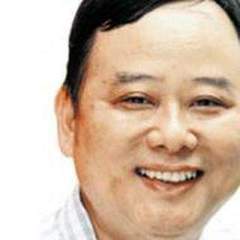Provincial reshuffle: Post-70s generation cadres take up top positions in China
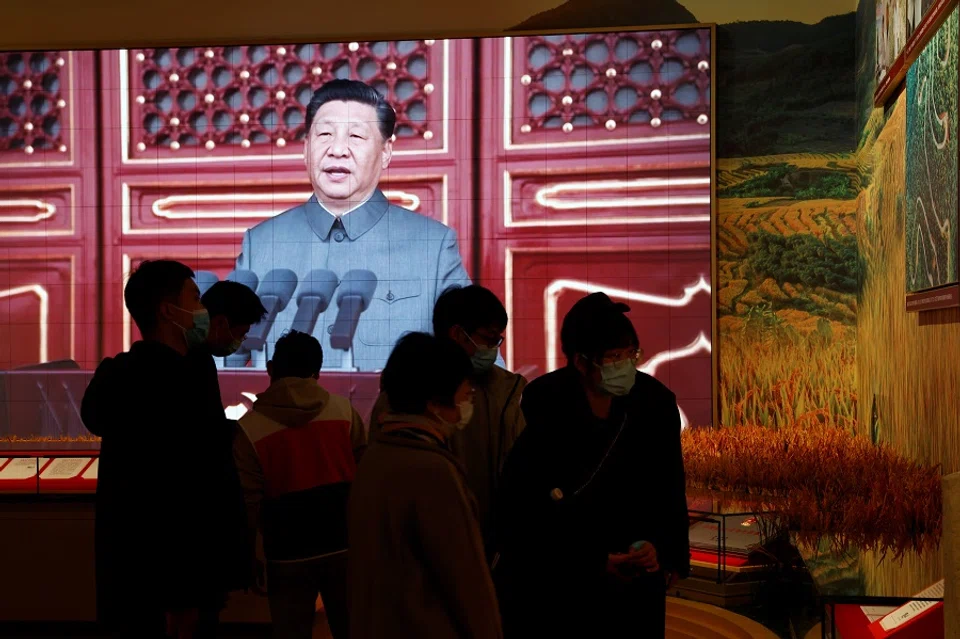
A great political reshuffle is happening among the provincial party chiefs of the Communist Party of China (CPC). Senior cadres in the post-70s generation (those in their 50s and below) are entering the provincial leadership team in batches and displaying their talents and abilities prominently in the political arena.
Since October, the provincial party chiefs of over ten provinces - including Xinjiang, Henan, Shanxi, Anhui, Jiangxi, Jiangsu, Hunan, Guangxi, Fujian, Hebei, Tibet, Yunnan, and Inner Mongolia - have completed their handovers. Based on rough estimates, nearly 30 post-70s generation officials have entered the CPC's provincial-level standing committees.
The fact that so many post-70s generation officials have entered the ranks of provincial party chiefs signifies new blood being injected into the CPC's senior cadres team, and that the Chinese political arena has entered a new round of generational changes.
Young and middle-aged cadres with low qualifications ruled during the Cultural Revolution
For a long time after the founding of the People's Republic of China in 1949, there was no standard procedure for replacing middle- and high-level cadres. Especially during the Cultural Revolution, paramount leader Mao Zedong put young and middle-aged cadres with low qualifications in important positions to eliminate political resistance and to replace veteran cadres who did not understand or did not support the Cultural Revolution. Among them were Politburo Standing Committee members Wang Hongwen and Zhang Chunqiao as well as Politburo members Jiang Qing and Yao Wenyuan. Following Mao's death in 1976, the "Gang of Four" comprising Wang, Zhang, Jiang and Yao lost power and the Cultural Revolution ended.
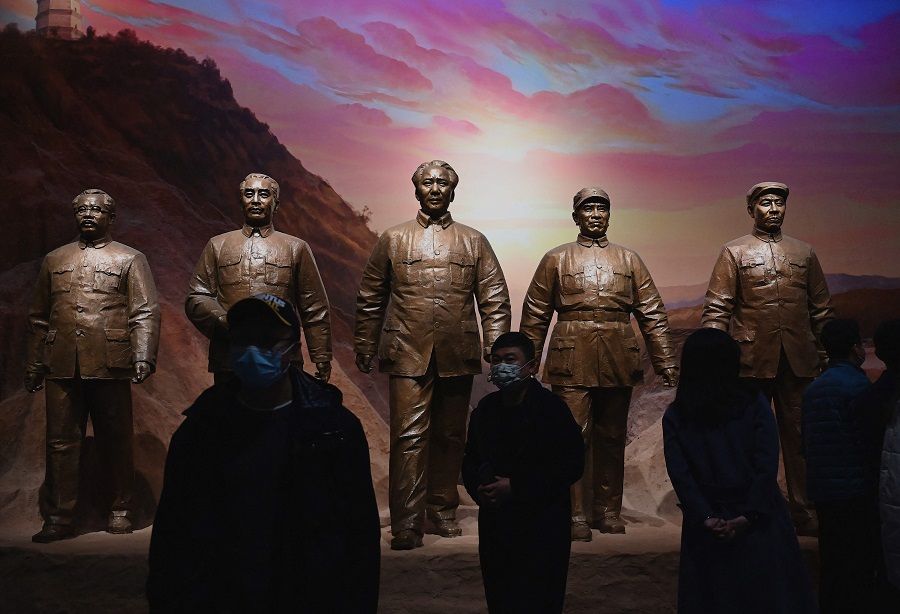
After the third plenary session of the 11th Central Committee of the CPC in 1978, Deng Xiaoping became the CPC's next paramount leader and China started on the road of reform and opening up. Back then, senior cadres who regained their power after the Cultural Revolution were already in their advanced years and new blood was badly needed. Selecting young cadres became the top priority and higher-ups in the CPC began formulating new standard operating procedures for cadre selection.
How SOPs for cadre selection were put in place in the Deng era
In August 1980 at the Enlarged Meeting of the Political Bureau of the CPC Central Committee, Deng proposed that cadres should be selected based on their political integrity and professional competence. By political integrity, Deng meant "principally keeping to the socialist road and upholding leadership by the Party". Under this prerequisite, cadres should be "younger on the average, better educated and better qualified professionally". The deployment and promotion of such cadres should also be institutionalised. At the 12th National Congress of the CPC in 1982, the party included the "four undertakings" for cadre selection - making their ranks of cadres more revolutionary, younger, better educated and more competent professionally - in the party constitution.
In the spring of 1992, Deng reiterated during his Southern Tour: "If any problem arises in China, it will arise from inside the Communist Party. We must keep clear heads. We must pay attention to training people, selecting and promoting to positions of leadership persons who have both ability and political integrity, in accordance with the principle that they should be revolutionary, young, well educated and professionally competent."
Based on unwritten rules, there are quite clear age ranges throughout the levels of the CPC's leadership.
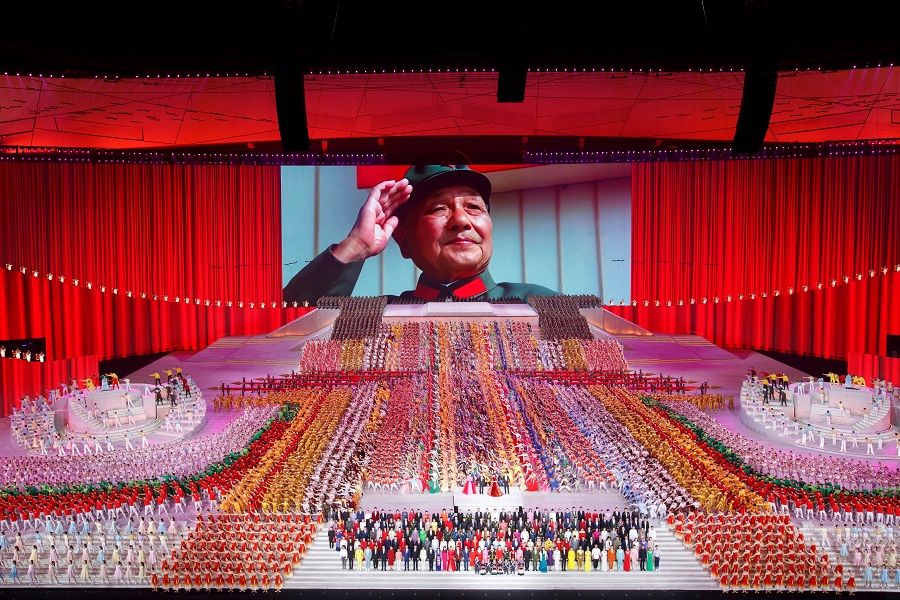
Prior to the 16th National Congress of the CPC, the party formulated "Regulations on the Work of Selecting and Appointing Leading Party and Government Cadres" as the basis for cadre selection. Under Chinese President Xi Jinping's leadership, the party revised these regulations in 2019, but the "four undertakings" remain unchanged.
Under the principle of the "four undertakings" and through its five-yearly renewal process when the CPC convenes its National Congress, the party has been able to avoid the situation of a "generational break" in the party's leadership that happened during the Cultural Revolution.
Ranks at different levels delineated by age
Based on unwritten rules, there are quite clear age ranges throughout the levels of the CPC's leadership. Generally, those in their 20s and 30s make up a certain percentage of cadres at the township level. Those in their 30s account for a number of cadres at the county level. At the prefectural- and department-level, those in their 40s make up a sizeable proportion of cadres, while at the provincial and ministerial level, cadres in their 50s dominate. In the Politburo, the highest decision-making body, a significant number of cadres are in their 50s.
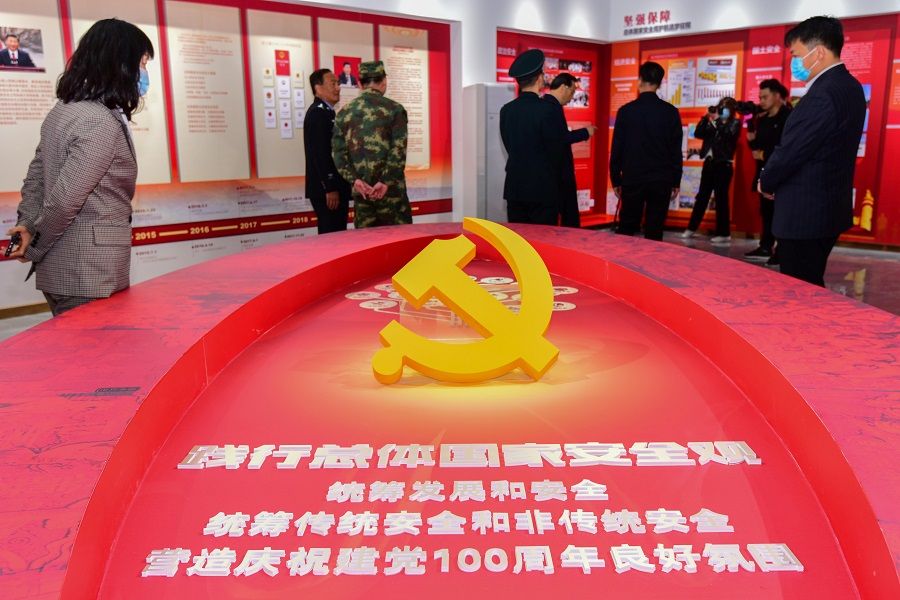
Now, the post-70s cadres among the CPC's provincial-level standing committee leaders are aged around 50, and can be said to be in the prime of their lives. Most of them have the potential of moving up to chiefs at the provincial- and ministerial-level or higher.
Among this group, Liu Jie and a few other newly appointed chiefs of provincial capitals and sub-provincial cities are especially well thought of.
In China's political scene, serving in many places in many posts is in itself political capital.
Ones to watch
On 2 November, Liu Jie was transferred from being minister of the Organisation Department, Guizhou Provincial Party Committee to being a member of the Standing Committee of the Zhejiang Provincial Party Committee and secretary of the Hangzhou Municipal Party Committee. This marks the fourth province that Liu Jie is serving in, following Hunan, Jiangxi and Guizhou. In China's political scene, serving in many places in many posts is in itself political capital.
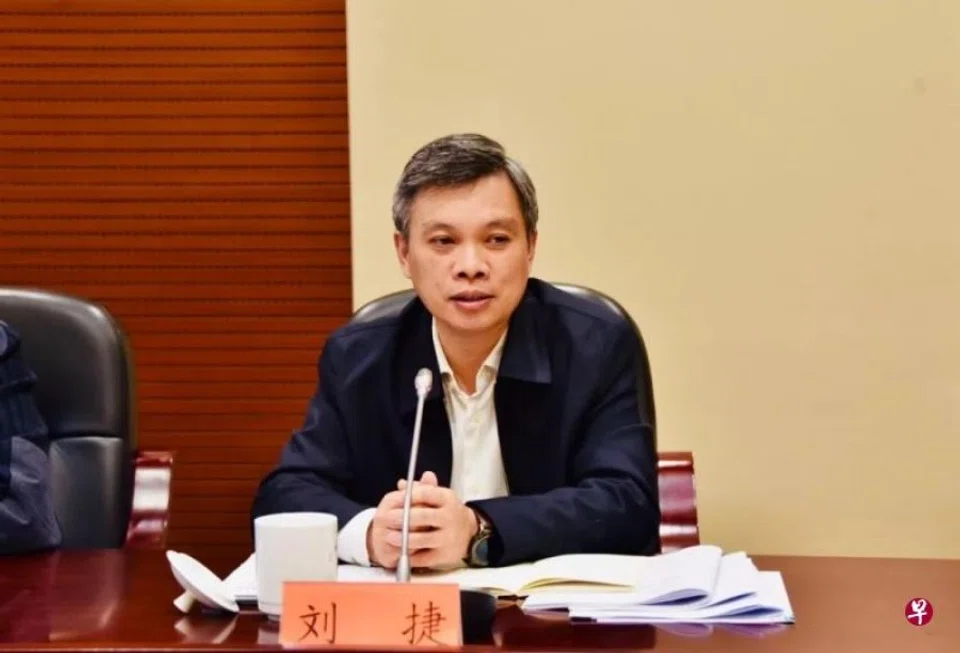
While Liu Jie was in charge of Xinyu city in Jiangxi, he once spoke up for a rice noodle seller whose family was in difficulties, and also joined volunteers in clearing litter on a mountain. Some questioned if these moves were just for show, to which he responded that "people are free to talk" and that "it shows that people are interested in what I am doing, which for me is actually a form of motivation and an effective check".
In 2016, Liu Jie was promoted to member of the Standing Committee and secretary-general of the Jiangxi Provincial Party Committee, becoming China's first "post-70s" provincial-level standing committee member at the time. In 2018, he was transferred to Guizhou and served successively as a member of the Standing Committee of the Guizhou Provincial Party Committee, secretary-general of the Provincial Party Committee, and minister of the Organisation Department.
Hangzhou is not just the capital of Zhejiang province, but also one of the 15 sub-provincial cities in China. The top persons in charge of these cities need the ability to grasp the big picture, and tend to have better opportunities for promotion than other provincial-level standing committee members. Take Zhao Long for instance - in January this year, from being a member of the Standing Committee of the Fujian Provincial Party Committee and deputy governor, he was transferred to sub-provincial city Xiamen as party secretary; in October, he was promoted to the acting governor of Fujian.
...the post-70s senior officials are still under training, and they still need to be examined by their superiors and tested by society.
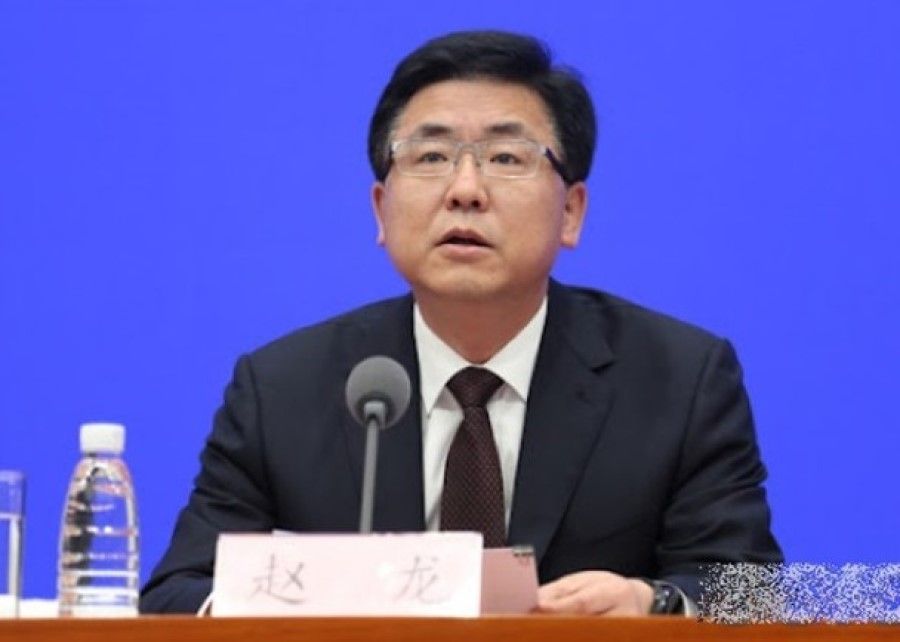
Among the newly promoted top persons for provincial capitals, Liu Hongjian is the youngest. Born in 1973, Liu Hongjian previously worked in Fujian as general manager of the Fujian Tourism Development Group and as Nanping mayor. In July last year, he was promoted to vice-governor of Yunnan, and then promoted again in May this year to be a member of the Standing Committee and secretary of the Commission for Political and Legal Affairs of CPC Yunnan Provincial Committee. Early this month, he was appointed party secretary for Kunming, raising eyebrows with the speed of his rise.
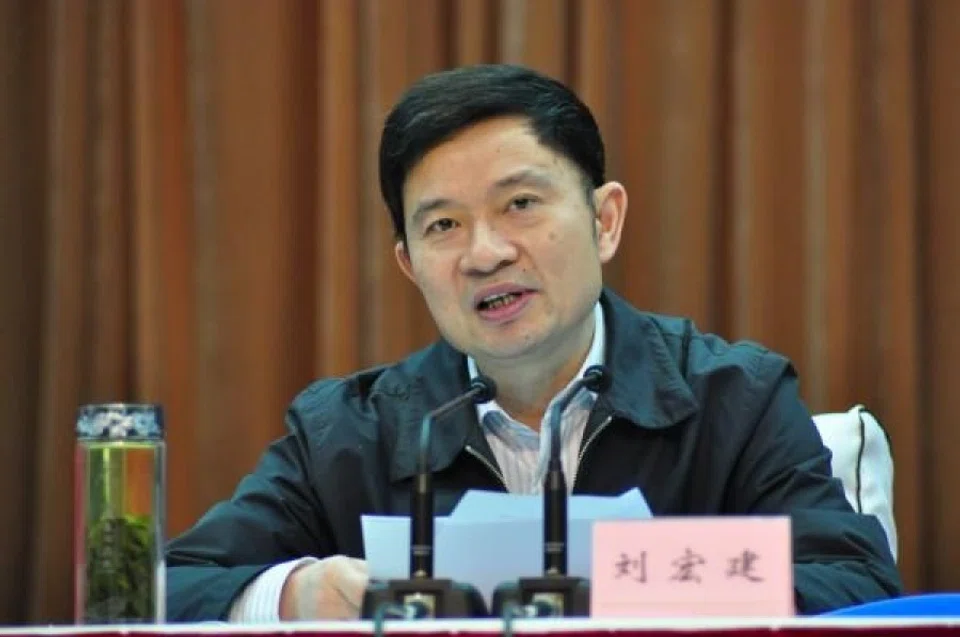
Another one from the post-70s generation who has just risen to take charge of a provincial capital is member of the Standing Committee of Shanxi and party secretary of Taiyuan, Wei Tao. In February this year, he was transferred from being the director of the Guangxi Beibu Gulf International Port Group - a chief post at the department and bureau level - to being vice-governor of Shanxi. In October, he was promoted to being a member of the Standing Committee of Shanxi, and then party secretary for Taiyuan city in November.
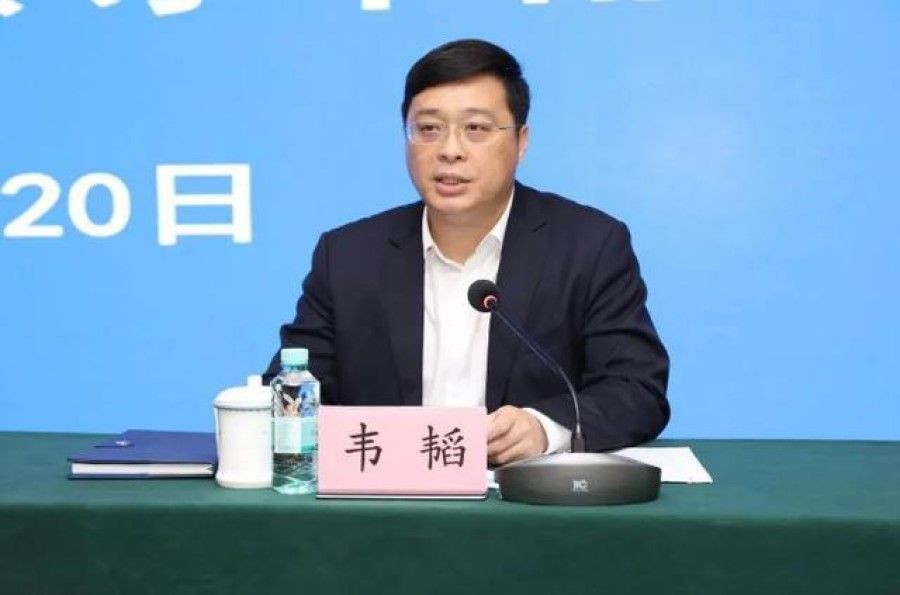
In autumn next year, around the time of the CPC's 20th Party Congress, besides the provincial-level leadership, the various committees under the central ministries will also see a change of leaders. As the new generation in the political arena, no doubt there will be attention on how the post-70s group does in the leadership change. However, generally speaking, the post-70s senior officials are still under training, and they still need to be examined by their superiors and tested by society. Whether they will become provincial-level party leaders or key officials in central committees will only be seen in a few years.
Related: New governors for Hebei and Liaoning revealed; China's senior leadership rapidly promoting political newcomers | Prelude to CPC's 20th Party Congress in 2022: Seven new provincial party secretaries appointed | The great reshuffle: How China is changing up its provincial leaders ahead of the 20th Party Congress in 2022 | Post-70s generation CPC stars jockey for position ahead of 20th Party Congress in 2022
